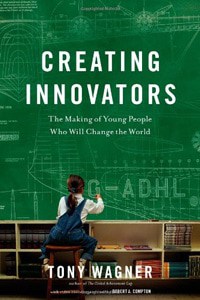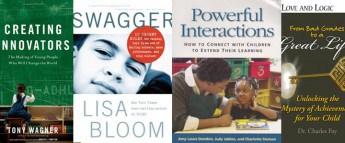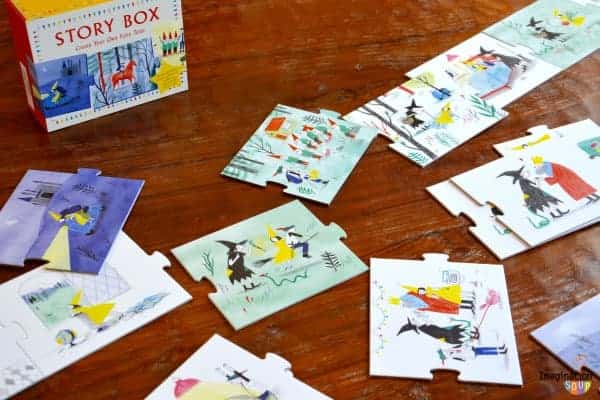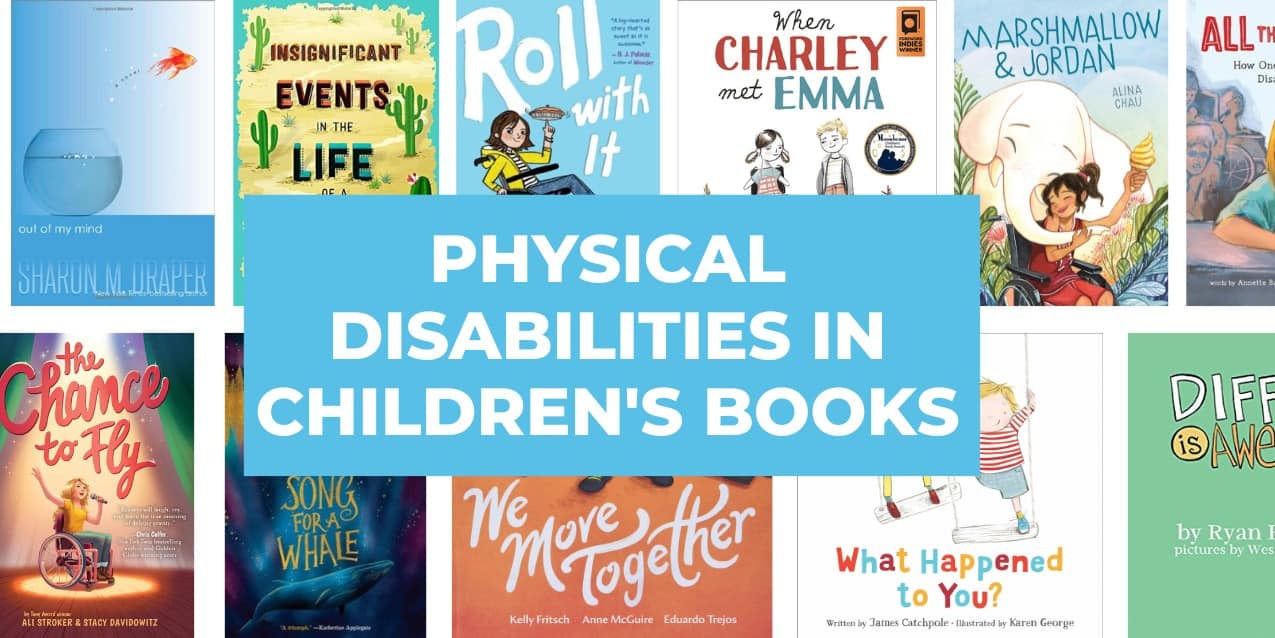Raising Innovative Kids
This post may contain affiliate links.
Guess what we’re doing this summer? Nothing much. We went to the pool for the first time last week but other than a few trips to the library, we’re doing nothing.
The book, Creating Innovators, confirmed that my kids need time. They need time for play and discovery.
Back to the book, . . . I also learned this valuable parenting knowledge to share with you from the book, Creating Innovators . . .
- “A child has to get bored before he can figure out how to get himself out of boredom.“
- “Much of the parents whom I interviewed mentioned the importance of not over-programming their children’s time, ensuring that they had plenty of unstructured time for play and discovery.“
- “These parents were unanimous: Fewer toys, and toys that encouraged imagination and invention, were seen as essential.“
- A Vanderbilt University associate professor said, “It shocks me the number of young people who have no idea what they are interested in because they have been pushed to achieve versus pushed to explore.”
- “Nearly all [parents] read to their children frequently.“
- “All of the parents whom I interviewed were adamant that one of their most important jobs is to encourage their children to find and pursue their passions.“
What stands out to you?
Do you have time for boredom? . . . for play and discovery?

Creating Innovators Excerpt
 from Creating Innovators: The Making of Young People Who Will Change the World by Tony Wagner:
from Creating Innovators: The Making of Young People Who Will Change the World by Tony Wagner:
Video of Neal on Parenting Her Young Innovator from Creating Innovators on Vimeo.
For her son Tucker, who is now six, she has only two rules, Annmarie explained, safety and character: Tucker can experiment and explore to his heart’s content, so long as he is careful (comparatively) and caring — meaning that he is a good person. Everything else is up for grabs — sometimes literally. “So when he was little, he understood that if he pulled the Christmas tree down, someone may get hurt,” Annmarie explained. “But when he wanted to take all the ornaments off the tree, line them up, and put them back the way he wanted, I let him. He was experimenting with his version of what a Christmas tree should look like. The same goes for dessert. He only gets it once a day, but if he wants it at breakfast, that’s fine. We have to suspend judgments about how things are supposed to be if we’re going to develop the capacities of children to be innovators as adults.”
Malcolm Campbell, a professor of biology who is director of the James G. Martin Genomics Program at Davidson College and father of two teenagers, said something similar. “I’ve learned how important it is to indulge your kids’ interests. If they want to wear polka dots and stripes together, that’s fine. If they want to paint with food, that’s fine, too — so long as they help with the cleanup afterwards.”
Semyon Dukach — a serial entrepreneur, angel investor, and chairman of Global Cycle Solutions, Jodie Wu’s company — talked about negotiating the boundaries between basic rules and letting his five children between the ages of three and seventeen “rebel.” “As a parent, what is most important is to respect your children and to listen, but not to be too free. There have to be limits, boundaries, structure. But too much of this — of teaching them to be obedient — can kill the creative impulse. The challenge is to balance respect for authority with constructive engagement and constructive rebellion — teaching your kids to be strong, but giving them the walls to push against. You can’t separate innovation from disobedience. But you can’t be an innovator and rob banks.”
Excerpted with permission by Scribner, a Division of Simon & Schuster, Inc. The above is an excerpt from the book Creating Innovators: The Making of Young People Who Will Change the World by Tony Wagner. The above excerpt is a digitally scanned reproduction of text from print. Although this excerpt has been proofread, occasional errors may appear due to the scanning process. Please refer to the finished book for accuracy. Copyright © 2012 Tony Wagner, author of Creating Innovators: The Making of Young People Who Will Change the World
Tony Wagner, author of Creating Innovators: The Making of Young People Who Will Change the World, is the first innovation education fellow at the Technology and Entrepreneurship Center at Harvard and the founder and former co-director of the Change Leadership Group at the Harvard Graduate School of Education. Wagner consults widely to public and independent schools and foundations around the country and has served as senior advisor to the Bill & Melinda Gates Foundation. A former high school teacher, K-8 principal, and university professor in teacher education, Wagner is a highly sought-after speaker and the author of four books, including The Global Achievement Gap. Please visit http://www.tonywagner.com and follow the author on Facebook and Twitter. Visit http://www.creatinginnovators.com, and follow on Facebook and Twitter.
Robert A. Compton (video collaboration) has produced eight feature-length documentary films on global education and innovation, including Two Million Minutes, Win in China, and The Finland Phenomenon. Prior to filmmaking, Compton had a successful twenty-five-year career as a venture capital investor and high-tech entrepreneur. For more information please visit http://2mminutes.com
Has this changed your thinking about your summer plans? What do you think now?
You Might Also Like . . .

Summer Reading List — 5 Books for Thinking Parents







I love your message about letting your kids get bored but you need to build up resistance to kids complaining to you about being bored (just my two cents). Eventually, something interesting will develop if you can just ignore them and try to keep the screens off.
I’m reading this as my kids are trying to make an indoor ramp and sled for the stairs. I maybe need to add have good insurance for when they break their leg . . .
I can’t wait to read that book! It’s been on my list. Thanks for sharing, Melissa.